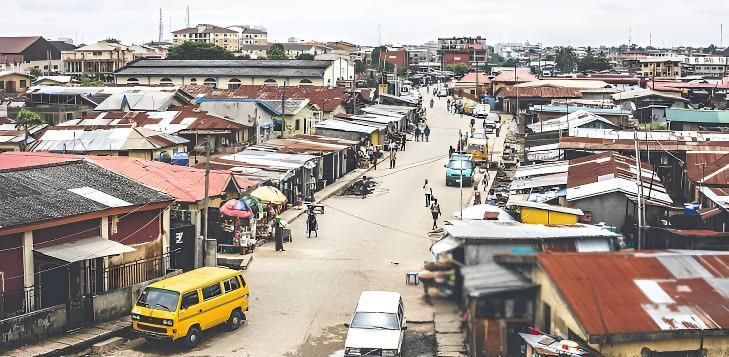By Blessings Ameloko
The issue of housing deficit is a critical global challenge that contributes to homelessness, overcrowding, and social disparities. However, there are effective solutions available to mitigate this crisis and ensure that everyone has access to secure and affordable housing.
In a recent development, the Kogi State Government, led by His Excellency Alh. Ahmed Usman Ododo, has demonstrated its dedication to tackling the housing deficit. By allocating 100 hectares of land to the Federal Housing Authority for the construction of 1000 housing units in Lokoja, known as the Renewed Hope City, the government is taking a significant step towards addressing this pressing issue.
This initiative aligns with various schemes that can be implemented through the Kogi State Ministry of Housing and Urban Development to combat the housing deficit effectively.
The housing deficit is a multifaceted problem that demands a comprehensive approach. Fortunately, there are several schemes that can be put in place to address this issue:
Boosting Affordable Housing Supply: Governments and private developers can collaborate to construct more affordable units, utilizing incentives such as tax credits, subsidies, and relaxed zoning regulations.
Public-Private Partnerships: Collaborations between the public and private sectors can facilitate affordable housing projects by pooling resources and expertise.
Community Land Trusts: Community land trusts empower community organizations to hold land for the benefit of the community, offering affordable housing options.
Inclusionary Zoning: Requiring developers to include affordable units in new projects can help increase the supply of affordable housing.
Housing Rehabilitation Program: Implementing programs to rehabilitate existing housing stock can also contribute to addressing the housing deficit.
Subsidies and Assistance Programs
Government subsidies, rental assistance, and down payment assistance can make housing more affordable for low-income households.
Innovative Building Technologies
Modular construction, prefabricated homes, and sustainable materials can reduce construction costs and increase efficiency.
Encouraging Accessory Dwelling Units
Allowing accessory dwelling units (ADUs) like granny flats or tiny homes can increase housing supply and affordability.
Streamlining Zoning and Regulatory Barriers
Reducing bureaucratic hurdles can facilitate affordable housing development.
Community Engagement and Participation
Involved communities can advocate for affordable housing initiatives and participate in the development process.
By implementing these strategies, we can effectively address the housing deficit and ensure everyone has a safe and affordable place to call home. It requires a collaborative effort from governments, private developers, community organizations, and individuals to make affordable housing a reality.
The Kogi State Housing and Urban Development’s contribution to the Renewed Hope City project is a step in the right direction, and we hope to see more collaborations like this in the future.







